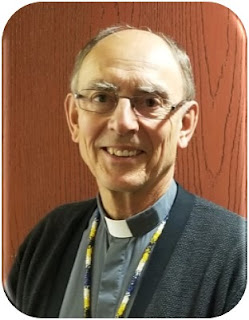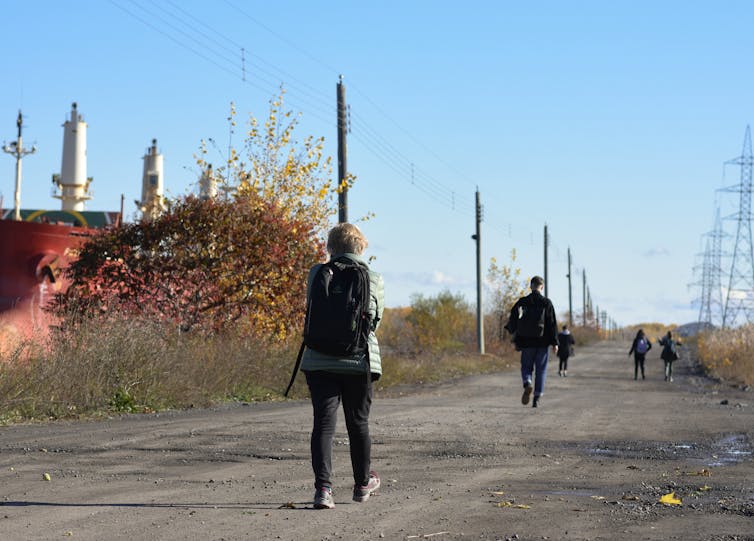 |
| Charity is no substitute for Justice withheld. Charity without Justice is not Charity. |
Charity is no substitute for Justice withheld.
- St Augustine
Charity without Justice is not Charity.
- St Vincent de Paul
These statements by St Augustine and St Vincent de Paul show clearly why the word "justice" appears in the mission statement of the Society of St Vincent de Paul: "To live the Gospel message by serving Christ in the poor with love, respect, justice and joy." For this reason, it is written into Vincentian fundamental principles to work as a team within the Society and also in collaboration with other people of good will to discover and help redress situations of social injustice that cause poverty, suffering and need.
Established statistics show that First Nations, Métis and Indigenous People are disproportionately represented in the homeless population, among those needing food assistance, and in the Canadian criminal justice system as both victims/survivors and accused/convicted individuals. There is overwhelming consensus, Indigenous and non-Indigenous, that this is directly related to historical social injustice, much of which continues to this day where Indigenous rights are still being ignored or trampled on.
I asked Microsoft's artificial intelligence (AI) program, Copilot, "How can we support Indigenous rights?" Here is how Copilot responded.
Supporting Indigenous rights is crucial for promoting justice, equality, and cultural preservation. Here are some ways to contribute:
Education and Awareness:
- Learn about Indigenous history, culture, and challenges. Understand the impact of colonization, forced assimilation, and discrimination.
- Share this knowledge with others to raise awareness.
Advocacy and Activism:
- Support Indigenous-led movements and organizations advocating for land rights, sovereignty, and social justice.
- Attend rallies, sign petitions, and participate in campaigns.
Land Acknowledgments:
- Acknowledge the traditional territories of Indigenous peoples when giving speeches, hosting events, or writing articles.
- Show respect for their connection to the land.
Economic Support:
- Purchase Indigenous-made products, art, and crafts.
- Support Indigenous businesses and entrepreneurs.
Collaboration and Partnerships:
- Collaborate with Indigenous communities on projects related to education, health, and economic development.
- Build respectful partnerships based on mutual understanding.
Advocate for Policy Changes:
- Support policies that recognize Indigenous rights, self-determination, and cultural preservation.
- Advocate for fair representation and inclusion in decision-making processes.
Remember that supporting Indigenous rights is an ongoing commitment. Small actions can make a significant difference! 🌿🤝












